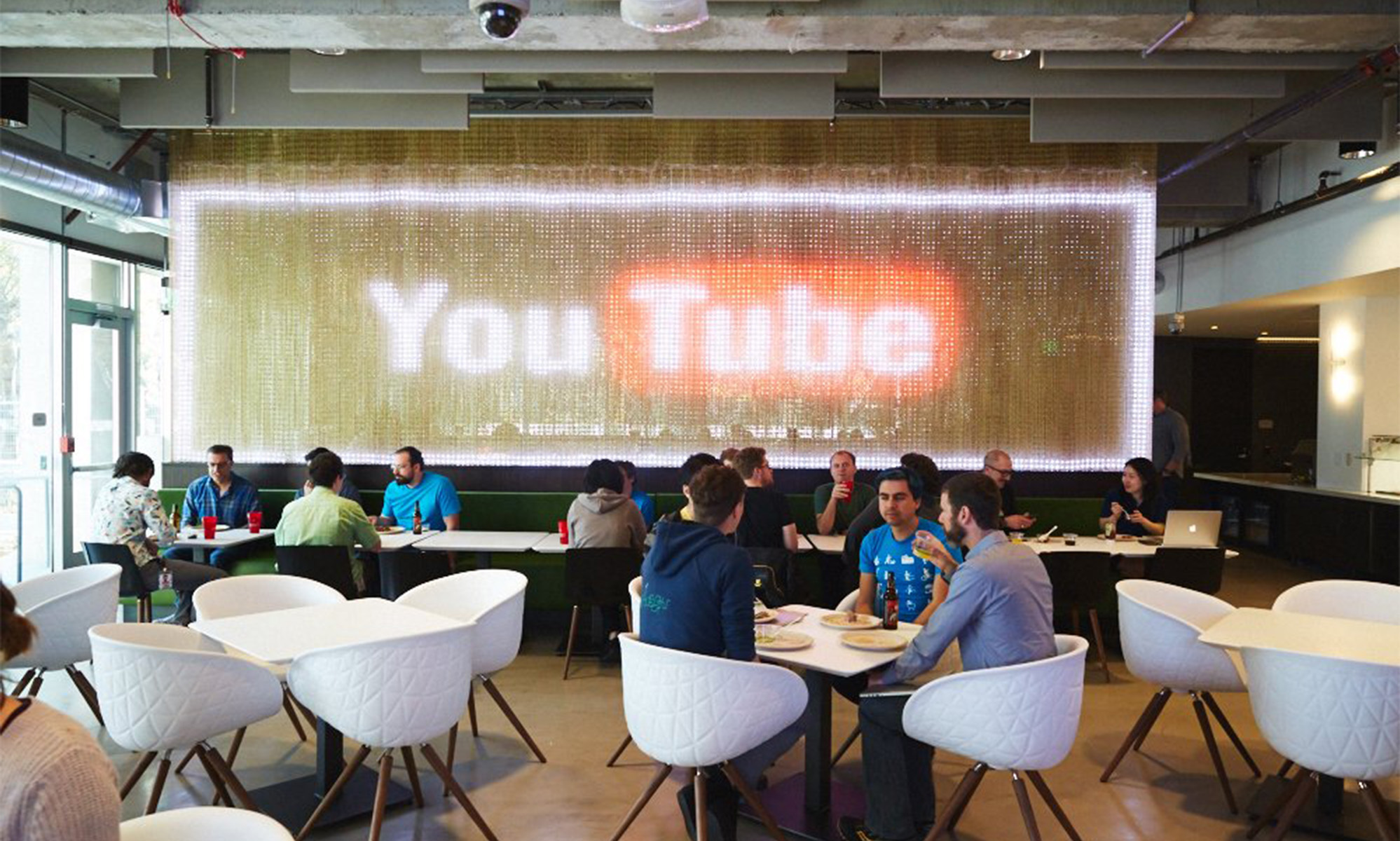When Google (GOOG +1.55%) purchased Blogger in 2003, it was making a bet on the "global self-publishing phenomenon." Four years later, it would acquire FeedBurner, a popular tool for managing syndicated content feeds for about $100 million.
Neither bet has paid off. Today, Blogger badly trails Automattic, creator of the WordPress blogging and content management system, and FeedBurner is months away from a downgrade that has users searching for alternatives. This is what putting "more wood behind fewer arrows" looks like.
Is backing off Blogger and FeedBurner a good idea, even if "backing off" here means merely putting the products in maintenance mode? The content managment system market offers major opportunity now that readers have become accustomed to digital content.
For those unfamiliar, a content management system, or CMS, is a collaborative environment for editing, formatting, and ultimately publishing any sort of content. Early systems were used to track and manage code needed to build websites. Later, large-scale programs built by the likes of EMC's (EMC +0.00%) Documentum and Canada's Open Text (OTEX 0.27%) would profit from helping corporations manage the paper flowing through their bureaucratic veins.
Fast forward to today: Digital publishers have taken to CMS for inventorying, formatting, and publishing to new articles to blogs and news websites. A surprising number are built entirely from scratch. According to data compiled by Pingdom, 14% of the top 100 blogs run on some sort of custom-cooked system while 49% used some form of WordPress. Blogger's tally: Just one, Google's official company blog.
If Google cares about getting dominated in this way, you wouldn't know it from its development schedule. An unlisted YouTube video explaining the "new" Blogger was posted more than a year ago. And on Dec. 3, Google will unplug FeedBurner from AdSense, murdering one of the few options bloggers have for monetizing content as it's distributed to a subscriber list.








